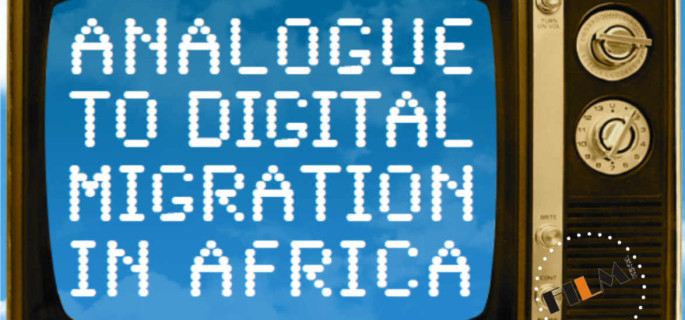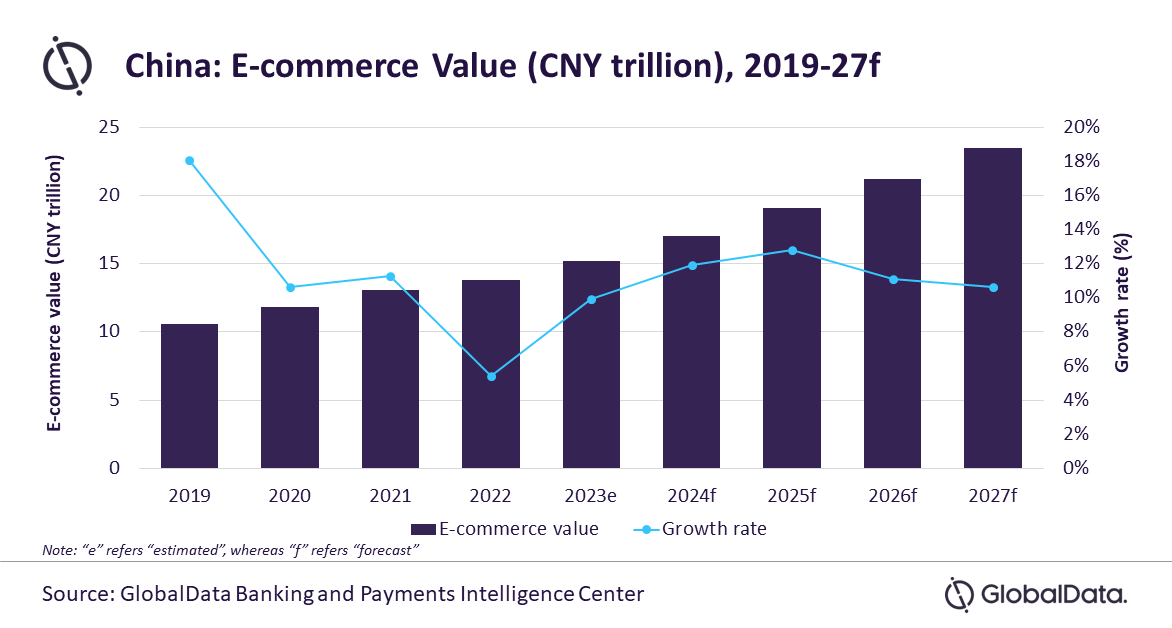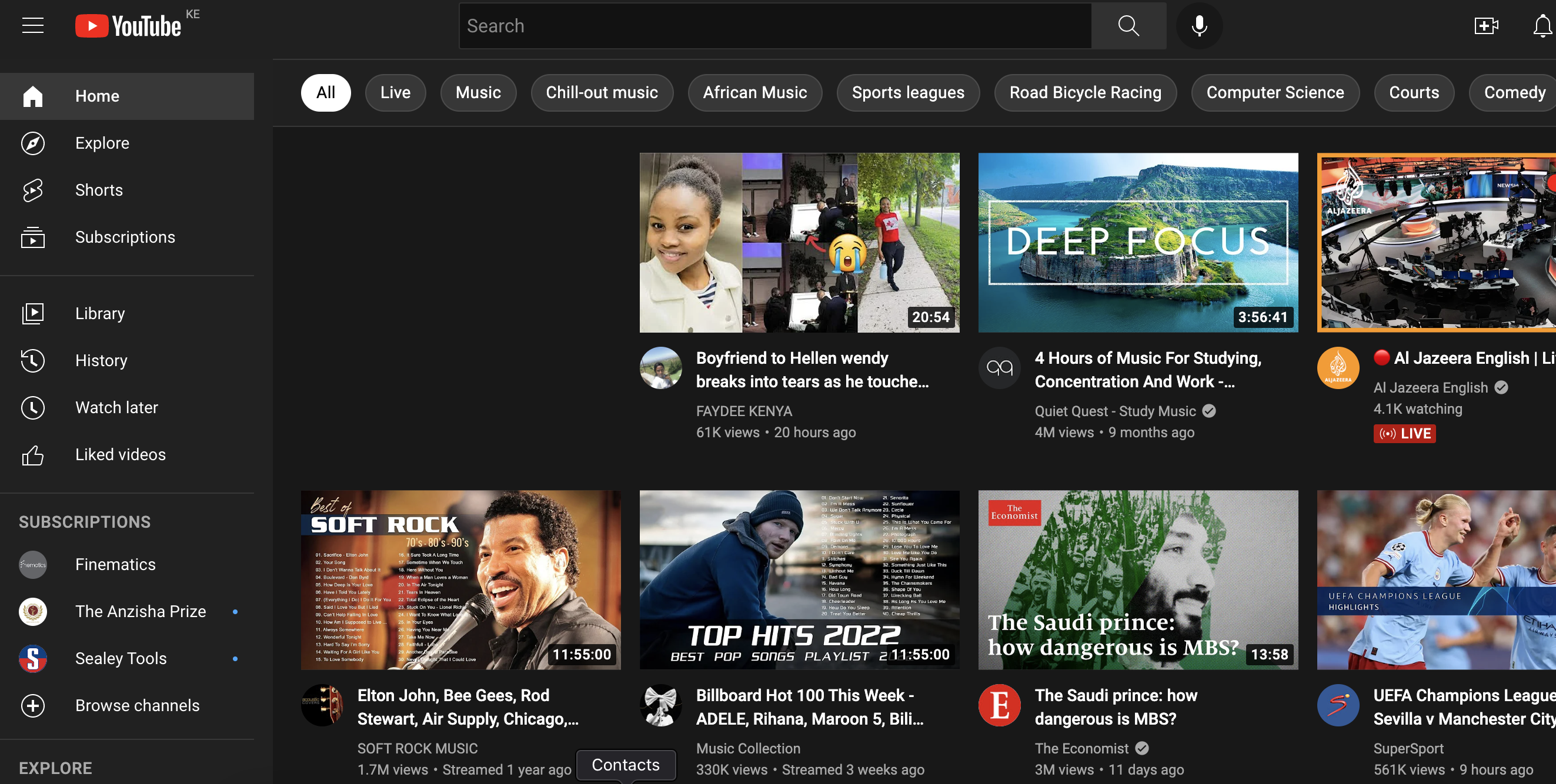What will happen on June 17, 2015? This will be the last day for the switch off of the analogue television signals worldwide. In 2006, Kenya and other countries across the Globe signed a treaty agreement at the conclusion of the International Telecommunications Union (ITU) Regional Radio Communication Conference in Geneva, a treaty that signaled the development of all digital terrestrial broadcast services.
What this means is that every nation Kenya included, is expected to complete the migration from analogue to digital broadcasting. Operation of analogue stations after the ITU deadline will have the danger of causing interference to digital stations within the country or in the neighboring countries while going contrary to provisions of the agreement and ITU Radio Regulations which control international use of frequencies.
The Ministry of Information and Communication in Kenya, Digital Kenya Secretariat and the Communications Authority have initiated spirited efforts aimed at beating the 2015 deadline with the country, so far making significant headway towards making access to digital television a reality.
The recent decision by the Supreme Court to call on all major stakeholders in the migration process to dialogue and arrive at a convenient date is a positive one as this will see all parties agree and hopefully arrive at an agreeable date clearing the way for a smooth transition process. This and the resumption of the local free to air channels on the digital platform will further encourage more Kenyans to embrace the technology by guaranteeing access of the content in digital quality.
Consumer awareness on the transition from analogue to digital broadcasting has also been raised and more Kenyans today are aware that come the analogue switch off, they will require a type approved set top box to continue accessing television. True, further consumer education is necessary to clear any misconceptions and increasingly drive the key benefits that will accrue as a result of this transition.
Signal distribution is a significant factor for the country to successfully transit, it is commendable that the licensed signal providers Pan Africa Networks Group (PANG) and Signet have covered up to 70% of the country on the digital terrestrial technology with key set top box players being StarTimes, GOtv and other independent brands. Kenyans have an option to migrate using satellite technology which has covered 100% of the country and dominated by StarSat (StarTimes satellite service), DStv and Zuku thereby guaranteeing access to digital television for every Kenyan.
Country To Win Big Upon Migrating To The Digital Platform
There are significant benefits that will accrue from the transition notably; Kenyans will have crystal clear video and audio television reception this, coupled with the growth in the number of free to air channels available as migrating to the digital platform will free up the bandwidth to allow more broadcast channels in the process promising unprecedented variety in Kenyan households.
The growth in channel offering will also encourage international cultural exchange thereby enhancing the pan-Africa, Sino-Africa and Intercontinental cross-cultural exchange thereby bridging the digital divide currently existing in the country. This will largely be experienced through the rich international channel offering such as that presented by StarTimes over 70 channels be it in lifestyle, education, sport and general entertainment.
Local broadcasters also stand to gain immensely as the role of signal distribution will be taken up by the signal distribution companies thereby eliminating the need to set up masts and in the process, making a saving on such investments and allowing them to concentrate on content development which will be the next battlefront as broadcasters seek to appeal their audience with relevant, educative and entertaining programming.
The Government will also have successfully met the treaty as agreed upon with ITU while at the same time setting up a robust media industry and growing the public’s education levels through increased access to information both in urban and rural areas.
With the successful migration to the digital platform, the freed spectrum space will be utilized by mobile operators to improve their networks, this will fast-track the adoption of 4th Generation technology in the country. The technology is expected offer high-speed wireless services as consumers use tablet computers and smartphones more to surf the web.
The next couple of months will therefore be critical for the country and hopefully, the country will surmount any challenges from the phased roll out given the proximity of the Global deadline.
The writer of this piece is a broadcast sector expert in Kenya.





